My baby’s sleep was one of the most sacred, studied, analyzed and anguished topics in our household when I had a newborn. I didn’t even know sleep consultants existed at the time (I was probably too tired to google it) but I have no doubt I would have welcomed the support. So, I thought I’d pin down Lindsay Rothman from Sleepy on Hudson to help answer some of those sleep questions many, many of us desperate, sleep deprived parents have.

Q:
What do sleep consultants do? I mean, logistically speaking, they can’t all come over to your house at 2am so how does it even work?
A:
While we can’t be with you, physically holding your hand at 2AM, we are always available through text and email. We offer a few different packages based on need and logistics. Clients can either meet with one of us at their home or we connect via Skype or phone for a virtual consultation. Both styles allow us to check out the baby’s sleep environment, see the baby in action and get an idea of his or her temperament. From this information, we are able to create a customized support plan that we’ll then help you implement for a month. We’ll check in to see how it’s going or you can reach out and let us know what you’re experiencing and we’ll help you stay on the right path or make adjustments if necessary. For those parents who live locally and would like even more support, we will literally be there at 2AM to hold your hand!
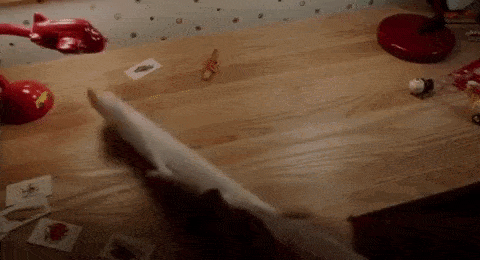
Q:
Can you give me an idea of what a plan might look like? (I know that every family and situation is different.)
A:
We strive to make our plans meet the family’s lifestyle but most importantly, the baby’s personality. We work closely with the family and really base the plan on their needs.
For example, I have a client right now that has a two-and-a-half-year-old and an infant. The infant needs three naps a day, while the toddler needs to be out burning off energy. I’ve worked their schedule for them so that the baby will have its first nap in the carrier (then transferred to his crib) on the way to preschool drop off, the second nap will be a longer nap in his crib while his brother takes his nap (score: mom break!) and the third nap is a cat nap in the carrier or stroller while their toddler has a play date or time at the park.
But yes, every family is different, and so we assess what a family’s day looks like and build out a plan from there.

Q:
I think there are a lot of people that think Sleep Consultants are just cry-it-out nazis that will just tell you to put your baby down at 2:14 and walk away. Can you speak to that?
A:
I hear this one A LOT. The fear of Cry It Out is strong!
We have never given a plan that does not give a parent the opportunity to soothe their child.
In our plans, we recommend a certain number of minutes (which is agreed upon beforehand with the parents) to give your child the opportunity to figure it out on their own before entering the room.
We give our clients a rubric so they know what types of crying to listen for and how to assess them. For instance, a baby might be crying “yellow” which means they’re not really crying but rather soothing themselves and you should give them their space. “Red” crying, however, is an indication of your baby being truly upset and justifies a visit from mom or dad.
By following a plan, you are going to your baby after a set amount of time and you are tending to your baby and calming them in the same exact way each time. This consistency is what will help them to be less confused and, therefore, learn how to connect their sleep cycles.

Q:
What do you find are the biggest mistakes parents make with sleep schedules?
A:
Parents' biggest mistake is definitely not following a routine during the day.
I know it’s not easy to transition from living life on the go to all of a sudden having a routine but, following one is the easiest way to get feedings, naps and nighttime sleep ok track. A good sleep schedule starts with a good wake up time.

Q:
Are there times when sleep training isn’t a good idea? Or are there babies where sleep training hasn’t worked?
A:
We never recommend doing any sleep coaching unless the pediatrician has cleared a baby to be able to sleep through the night. If a baby is still working on getting their weight up or has reflux, it’s probably best to wait. Other times that might cause sleep coaching setbacks are when a baby is actively teething or feeling under the weather.
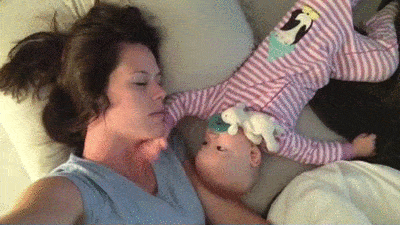
Q:
What is a good age to start a schedule?
A:
I think a nice light schedule can start as early as a baby has gotten feeding down pat but often starting too early can be more stress than it’s worth.
At three months you can start to move to a more structured schedule focusing on feeding, activity and then sleep. We recommend a sleep assessment at around 5 months of age. If you’re not happy with where things are at that point, it’s a good time to make some adjustments.

Q:
Is there anything you can do to lay the groundwork before you’re ready to tackle sleep?
A:
My advice is to not nurse or bottlefeed and rock to sleep. Instead, start focusing on creating healthy sleep associations. I call them “sleep cues”.
Before bedtime and for as many naps as possible, you want to follow the same SHORT routine. A good example would be to shut down the room (black it out and put white noise on), nurse or bottle feed, sing the same consistent song while placing your baby in the crib and right before you leave brush your hand over their forehead and say the same phrase (for example “Good night, baby”) and then walk out.
This will help your baby to understand the expectations of them and feel comfort in knowing what comes next; therefore creating a few healthy sleep associations.

Q:
Okay, but what do you do when they start howling after the “Good night, baby” routine?
A:
A parent knows best how to calm their baby when they are upset, and so we work each parent’s approach into our plans.
One key thing that we always suggest is not taking them out of their crib to soothe them. Whether it’s rubbing their back or softly jiggling their belly, which will calm them, always remember to do so while they’re in the crib with the lights off and no talking or eye contact. Keep it “all business” at night! Babies adapt to this routine quickly and predictably.
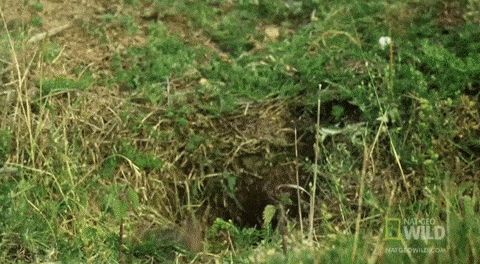
Q:
Why do kids tend to wake up after 20 or 30 minutes of putting them down?
A:
Child sleep isn’t like adult sleep. Their sleep waves are shorter and if you haven’t given them the opportunity to practice putting themselves to sleep, they are likely unable to connect the waves and will wake.
That’s why it’s so important to build these positive sleep associations early so they don’t rely on you for help each time they wake.
Think about it: if you are the one always putting them to sleep (nursing, rocking etc.) how will they know how to put themselves back to sleep when they wake if you’re not there?

Q:
What would you like parents to take away here?
A:
The truth is, some babies naturally sleep well right from the start and some babies just don’t.
Just because your 4-month-old is still waking up multiple times throughout the night does not necessarily mean that your baby is a horrible sleeper or that you need professional help just yet- things could naturally turn around.
Take a sleep assessment around 5 months of age. At that point, if you’re not happy with where your baby’s sleep is at, it’s a good time to make some adjustments or seek professional guidance. And don’t assume that guidance will include a lot of crying- we adjust our methods for each family, and sleep coaching can be a really gentle process.
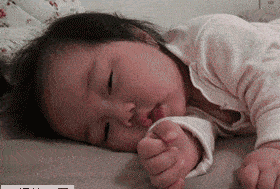



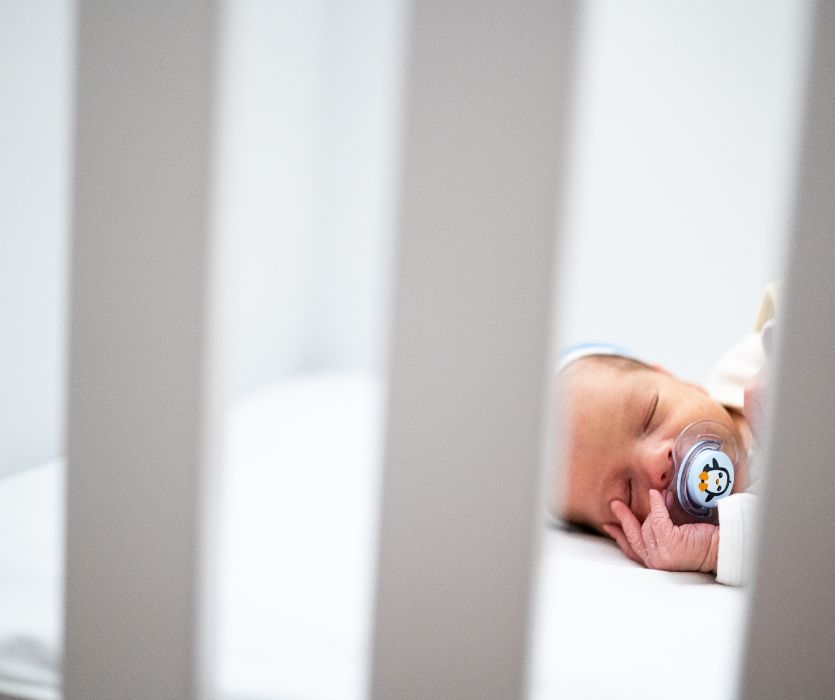
Leave a Comment